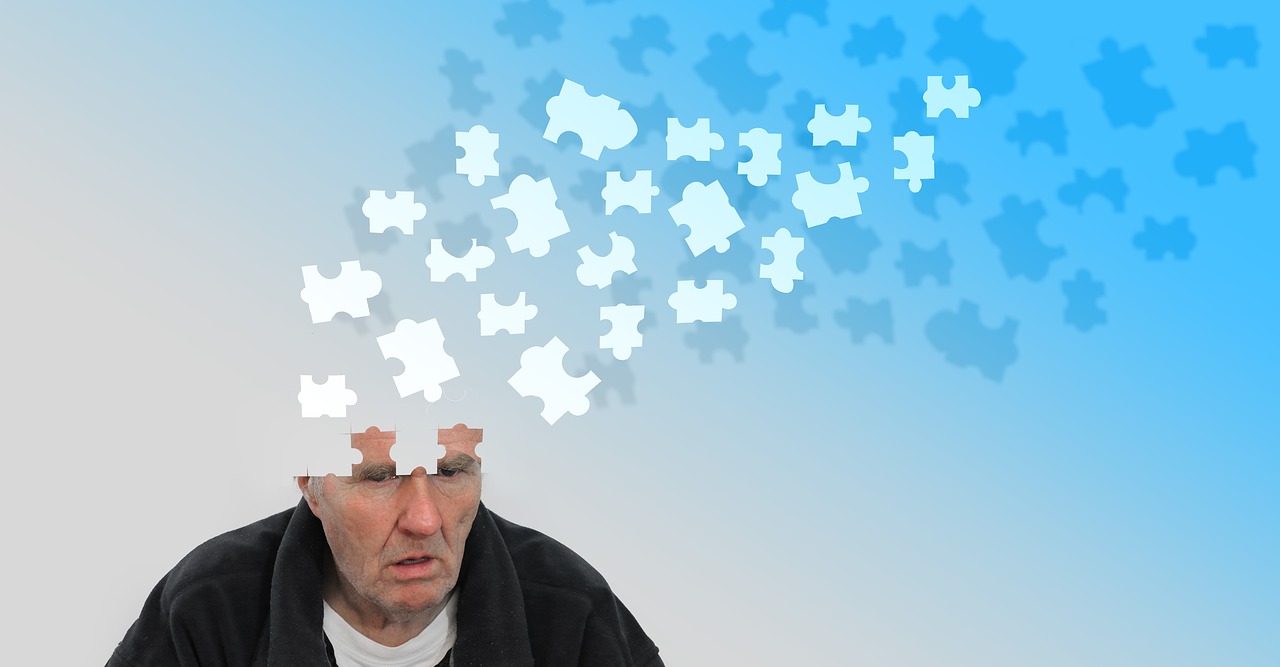Roar writer Scarlett Yu on how we can prepare for life after Covid-19 in accordance with Bill Gates’ advice.
Almost a full year has passed since the first Covid-19 outbreak struck in Europe. As the global community anxiously marches into a new year, it has become “the new normal” for many to go through incessant lockdowns and face a constant bombardment of Covid-19 news reports. To be frank, no one would have expected a mere disease to possess such disastrous strength in affecting the vast globe. Scuttling throughout extensive communities and neighborhoods, the virus is light in transmission. But when Covid-19 struck, it did so with sheer, compelling force, targeting any human being regardless of race, gender, age, or social status. The terrifying facet of the virus is that it affects everyone.
As of right now, governments and health officials are worried about the capricious nature of Covid-19, for it seems to bear the ability to arbitrarily change its inner structure and form mutations in accordance with the surrounding environment. Conclusively, the pandemic has drastically changed people’s lives in more ways than one could count. Whether it’s a grave financial problem or mental health issue, everyone is struggling to cope with the pandemic in their own way.
Now that life with the mutating virus has become the new normal, it is important to start to think about the methods each nation should take to prepare for the procession into a post-Covid era. Regarding this pivotal matter, Bill Gates has called for an innovative global move towards approaching life in a post-Covid era. In the 2021 Annual Letter published on GatesNotes, Bill and Melinda Gates have asserted their public response to the pandemic and further called attention to the global community to take indispensable action towards humanity’s fight against Covid-19.
Firstly, the letter accentuated the importance of a global joint approach, staffed with experts from multiple fields and disciplines, for the sake of building “the largest public health effort in the history of the world”. Melinda specifically pointed out how the pandemic has aggravated social and economic inequality in communities all over the world. Not only are minority groups and people of color more susceptible to the danger of infection, but impoverished women are also suffering from an evident lack of social care and attention, especially in lower-income nations. They need help and assistance, but their meager social conditions have ultimately obstructed them from alerting government attention.
In addition, an immediate concern in response to the recent progress of unprecedented vaccination rollouts is that wealthy countries are in a superior position in accessing the vaccines, leaving lower-income countries to wait in distress for availability. Equipped with these socially ingrained problems, the pandemic is highly likely to direct the world to deeper and more problematic social inequality. Thus, what the globe needs to do right now is to conceive a productive, standardised plan that enables people to have the strength and resources to face any kind of mass health crisis.
At the end of the letter, Bill Gates highlights how governments should recognize and prepare for implementation as soon as possible. Firstly, a global alert system should be set up so when virus outbreaks break out in certain locations on the global map, “infectious disease first responders” would automatically take necessary measures in preventing the virus to be spread any further.
Next, he also suggested that simulations, known as “germ games“, should be consistently carried out so the world could be familiarised with the elusive nature of disease outbreaks. Notably, Bill emphasized how speed is the determining factor in effectively preventing any more loss of life due to virus infections. In an ending note to offer optimism for the future world of virus outbreaks and transformative ways of living, he provided an encouraging tone of assurance and faith:
“The world wasn’t ready for the COVID-19 pandemic. I think next time will be different.”
Indeed, humans encounter problems and sometimes make irreversible mistakes. But in times of crisis and variability, the lessons learned from Covid-19 can be morphed into valuable guidance for the world to better prepare itself for impending threats and dangers.










